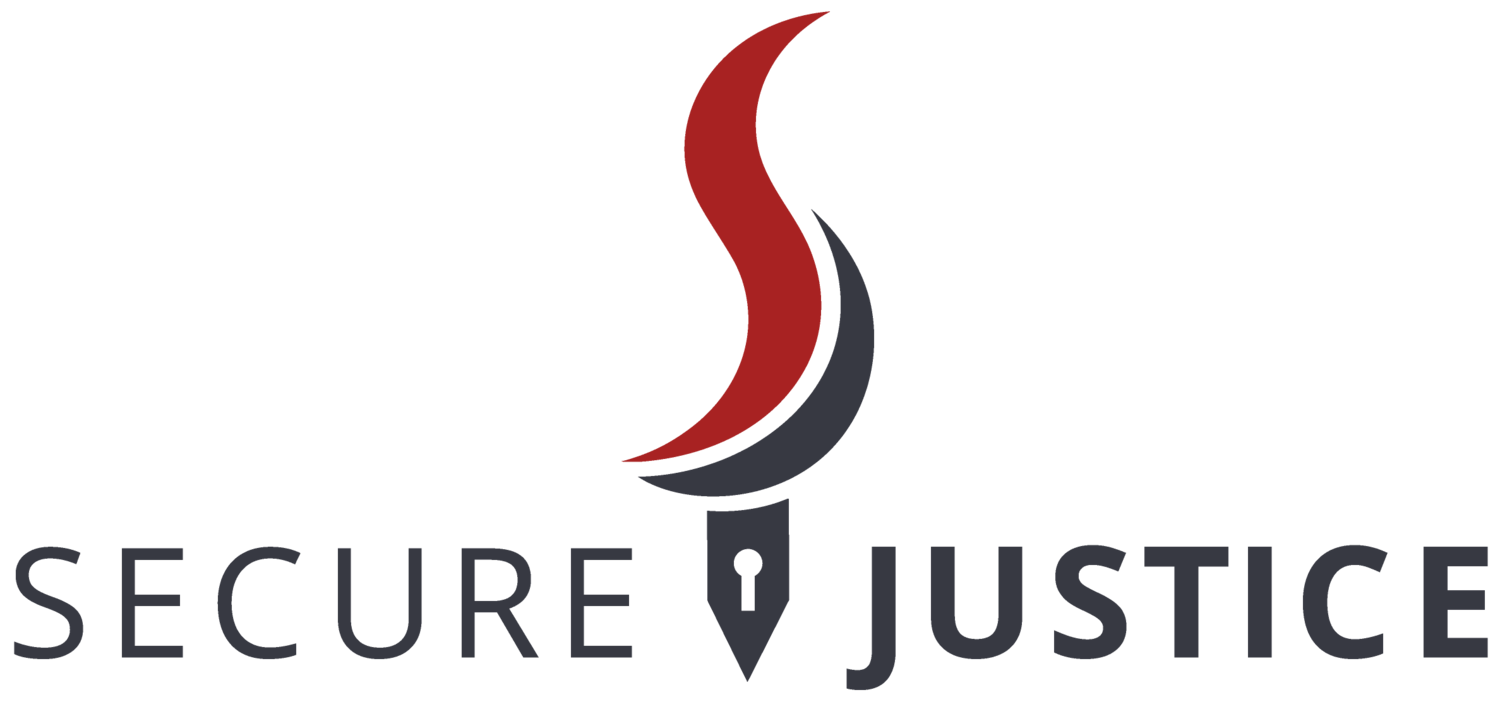AB 645 - automated speed cams
Jade Musa, Law Clerk
(2L at Ohio State University Moritz College of Law)
It sounds like a bad joke. How many lawyers does it take to protect California residents from financial harm, by actually reading the proposed bill before the legislators vote on it? Apparently the answer is just one, and she’s a 2L at Ohio State Moritz College of Law and not yet a lawyer.
We’ve had the pleasure of working with Jade Musa for the past two years, first as a research assistant and now as a law clerk. I’ve been supervising her work as she reviews surveillance ordinances and proposed use policies, researched statutes, crafted demand letters, and briefed significant privacy/surveillance cases for us. She has consistently provided us with top-notch work product, so I was quite surprised to review her memo on AB 645, a now enacted law in California that takes effect on January 1, 2024 and which authorizes a trial program for the cities of Los Angeles, San Jose, Oakland, Glendale, Long Beach, and the City and County of San Francisco, to place automated speed cameras in high frequency accident corridors. This bill was a 3-year effort, which means dozens of attorneys each year, and in each Assembly and Senate Committee stage along the way “reviewed” the language. Secure Justice did not take a position on this bill, and we hadn’t done our own analysis prior to Jade’s review.
I highlight this because I’ve done panels the past two years with the author of the legislation, and City of Oakland Dept. of Transportation in my capacity as Chair of the City of Oakland’s Privacy Advisory Commission. Jade’s memo did not align with what we were being told about the legislation, critically on the taxpayer protecting piece. The state legislative analysis highlighted that revenue from citations must be put back into the corridors for street engineering projects, the only sure-fire way to improve traffic safety (cameras themselves will not), or the trial cities would be prohibited from collecting any revenue if efficacy is not demonstrated and specific metrics of reduced accidents and speeding violations are not met. Yet Jade’s memo said otherwise. When I pulled up the current proposed language that was soon to be forwarded to the Governor for signature and compared to her memo, I couldn’t believe my eyes. I quickly called the author’s point person.
I wish that call was recorded (with consent of course) - first, the staffer went deathly quiet, and then he said he’d call me “right back”, which apparently means 3 hours in Sacramento. I soon learned why it took so long. He had to go to every single committee chair and consultant (the assigned lawyer) on both the Assembly and Senate side to quietly explain the missing language and get them to all agree to re-insert it. I’ve personally never heard of a proposed bill making it through both houses with such a significant piece missing that everyone assumed was present in the language.
Jade likely saved a few individual’s jobs, and although its impossible to predict the exact negative financial impact to California residents that could have occurred, with 3 of our largest cities taking part in the pilot program, and Oakland’s highly trafficked spot in the middle of the Bay Area maze, it’s possible she may have prevented financial harm to the tune of $50-100m, as these trial cities would have just collected the money and done nothing to improve safety because they weren’t obligated to.
We anticipated that she had rock-star DNA, as the niece of our Advisory Board legend Jumana Musa, but future employers take note - this young lady rocks. More importantly, she reads. — Brian Hofer, Executive Director

